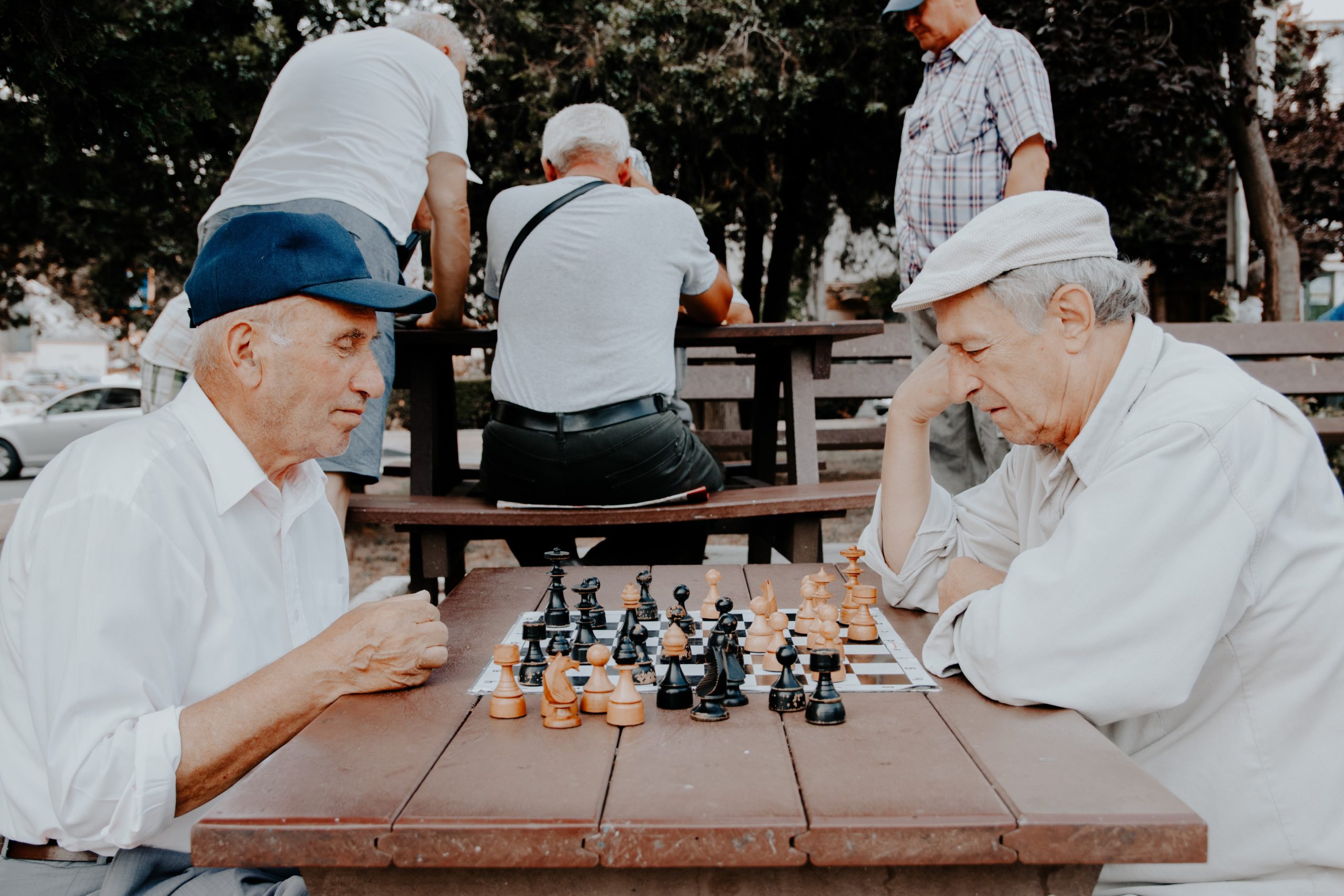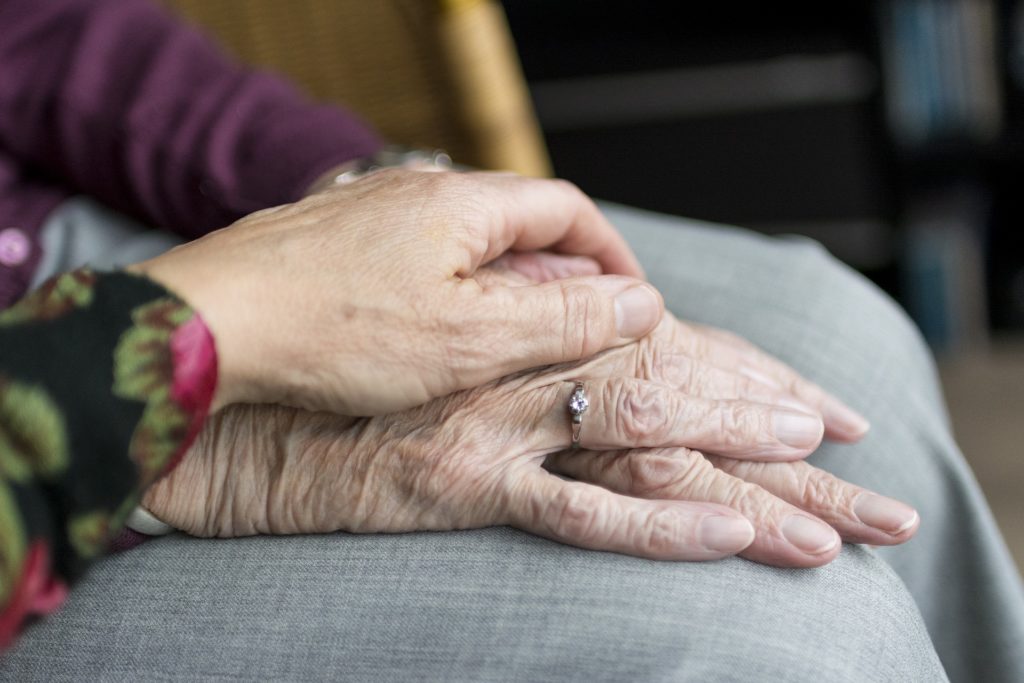Our lives are not our own. The human body is subject to time; inevitably our physical capacities begin to decline. Some of us may lose our ability to hear, and others our ability to walk. There comes a time in our lives where we might have to be cared for by someone else. Unfortunately, today many people see this aging aspect of our humanity as a flaw or a burden to society. Simply because a person can no longer work, walk, talk, or hear the way he or she used to should not mean that person’s life has no worth or value. Instead of letting this fear of death and aging creep into society, we must view this stage in our lives as an opportunity for growth and recognition of human dignity. While the body may deteriorate with time, the spirit will continue to live.

As part of WYA’s Certified Training Program, I read John Finnis’ essay “The Priority of Persons.” He outlines the role of law and its purpose, which is to uphold human dignity in all forms of life. Finnis distinguishes humans from other beings by pointing out that a seed has the capacity to become a tree, while humans have the radical capacity, or inherent potential, to choose excellence and strive for the good. Finnis suggests that because as humans we have an ingrained ability to choose the good and excellence from the moment of our existence, we have human dignity no matter our physical state or age or whether we have lost that ability with time. Simply because humans have a capacity to choose the good, Finnis notes that we are always fully human from the moment of our conception to a natural death. These past few months I have witnessed the radical capacity that my grandparents possess. Even though my grandfather and grandmother lack their physical capabilities, they strive for excellence in their day to day lives by sharing their wisdom and love with their family.

As a child and even into my teenage years, I never sat down and contemplated the lives of my grandparents and the family that they had built up. My grandfather, one of ten children raised on a ranch in a small town, built his life around his family. He worked endlessly to provide for his wife and children. My grandmother, a businesswoman—unorthodox for her era—taught her children the value of hard work and respect. Today, time has affected the physical capacities of both my grandparents to the point that they are cared for by my family.
When I look back on this moment in my life, perhaps ten or fifteen years from now, I will be grateful for the afternoons spent playing bingo with my grandmother and talking to my ninety-five-year-old grandfather. It was in these moments of living and spending time with my maternal grandparents that I recognized the gift of human life and the importance of respect no matter one’s age.
Who I once saw as my grandfather in a wheelchair, I now recognize as a being with a radical capacity to choose excellence—someone that strove for human excellence in Mexico when all odds were turned against him. My grandfather, even in his old age, has never stopped being my grandfather. His smile tells a thousand stories of his past. His eyes gleam with hope for the future. His warm heart shines through the smile and tears that I see when I greet him. Now is his time to rest and be cared for.
Simply recognizing one’s personhood and radical capacity grants us the ability to keep fighting for love, respect, and human dignity.
[su_divider top=”no” size=”1″ margin=”10″]
Published: September 2, 2020
Written by Giovanna Milano, a WYA North America intern







